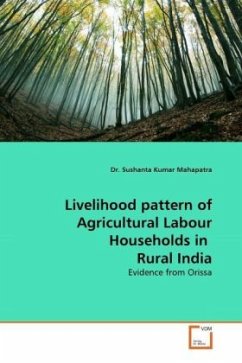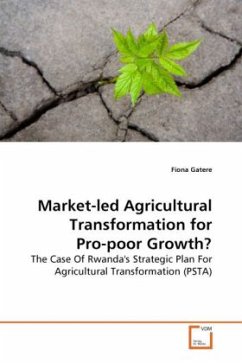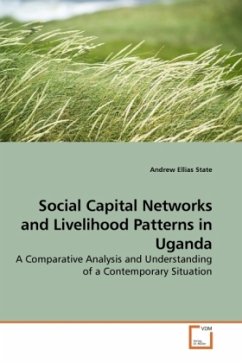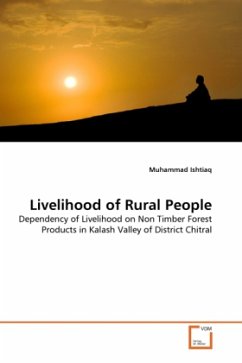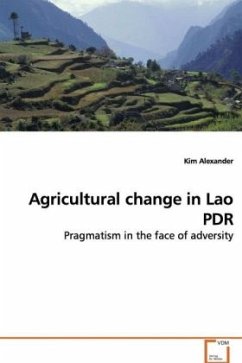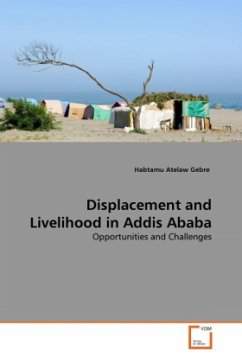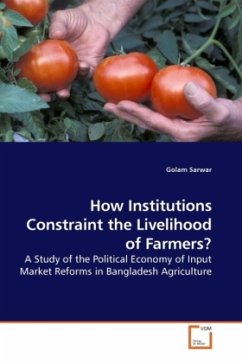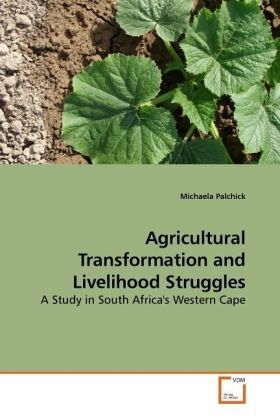
Agricultural Transformation and Livelihood Struggles
A Study in South Africa's Western Cape
Versandkostenfrei!
Versandfertig in 6-10 Tagen
32,99 €
inkl. MwSt.

PAYBACK Punkte
16 °P sammeln!
South Africa s post-Apartheid land reform programs redistribute previously white-owned farmland to a small percentage of blacks, and provide these new farmers with agricultural extension services that promote large-scale agriculture. The shortcomings of the agricultural transformation program are apparent in the village of Genadendal, a former mission reserved for "coloureds" and a historically agricultural community in the Western Cape. The case study of Genandendal demonstrates that a national agricultural transformation program for an elite class of black commercial farmers does not address...
South Africa s post-Apartheid land reform programs redistribute previously white-owned farmland to a small percentage of blacks, and provide these new farmers with agricultural extension services that promote large-scale agriculture. The shortcomings of the agricultural transformation program are apparent in the village of Genadendal, a former mission reserved for "coloureds" and a historically agricultural community in the Western Cape. The case study of Genandendal demonstrates that a national agricultural transformation program for an elite class of black commercial farmers does not address all problems. South Africa s land reform programs fall short of dismantling the inherited structures of economic and power inequality, while creating a façade of racial equality in land ownership. This book shares the specific challenges faced by South African small-scale farmers, argues that these problems can be overcome with a new government vision for small-scale agriculture, and in a broader sense, enumerates the advantages of small-scale farming over the industrial model.



